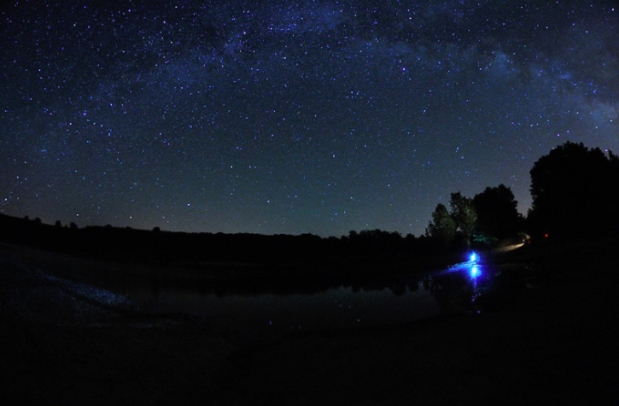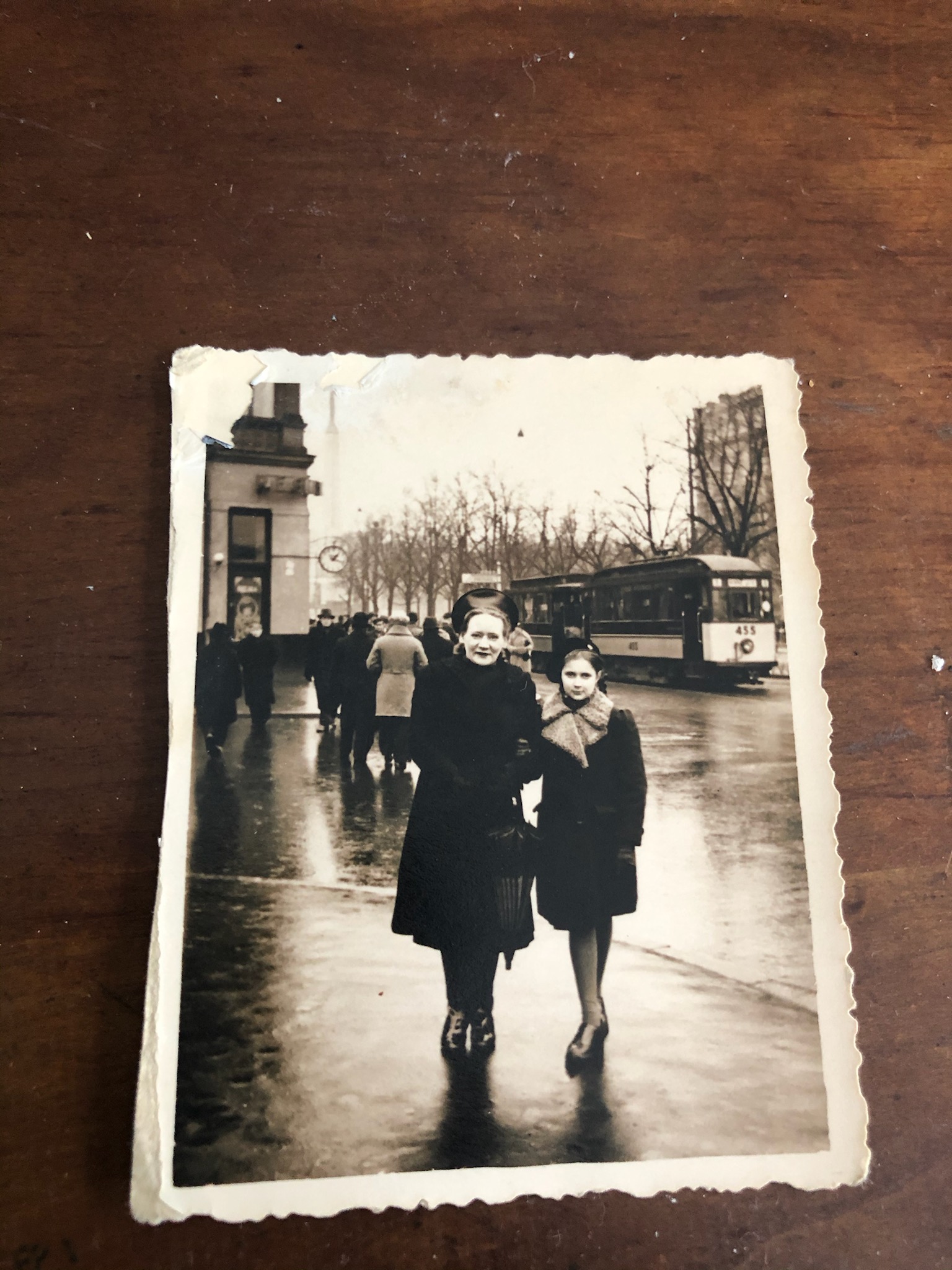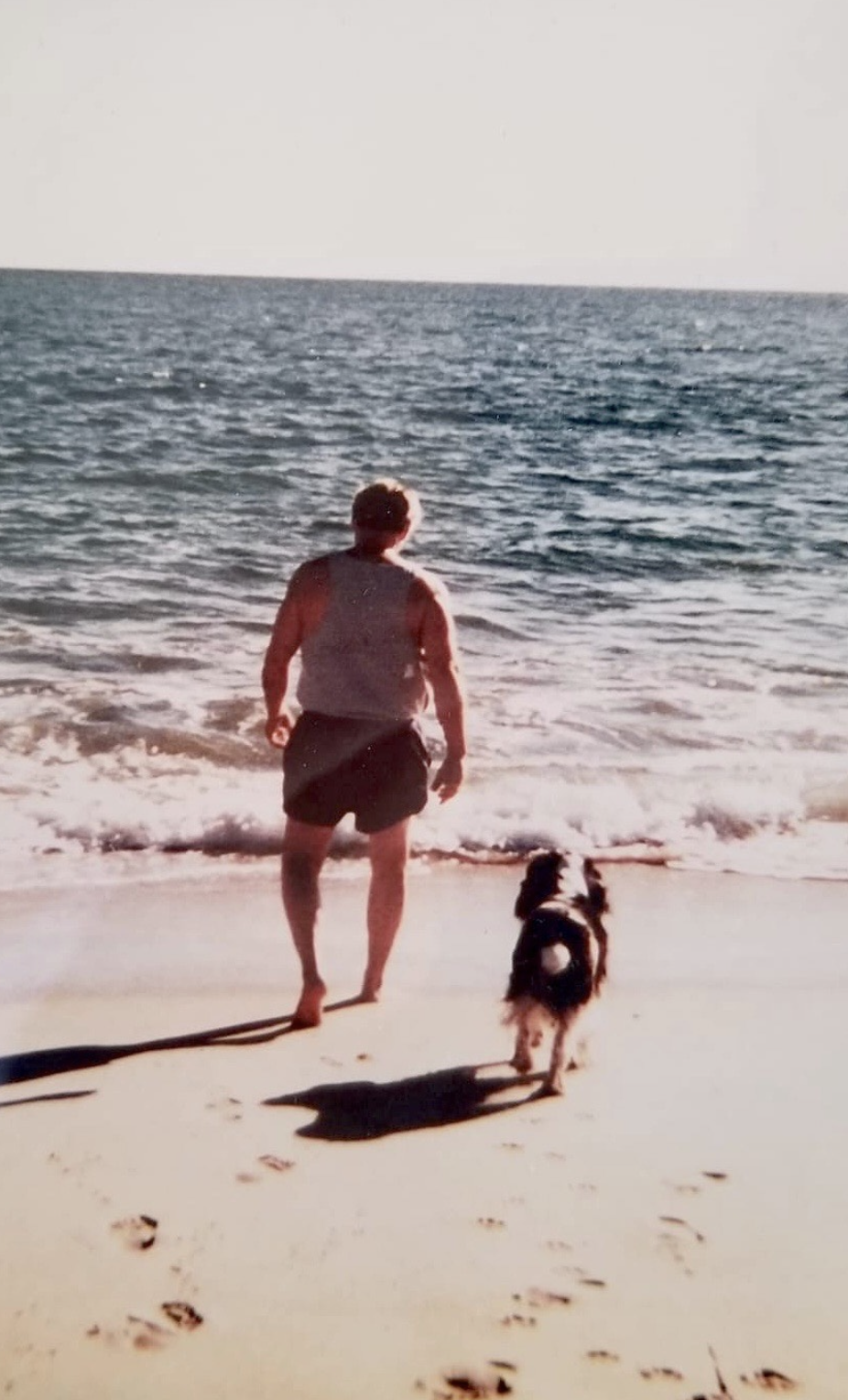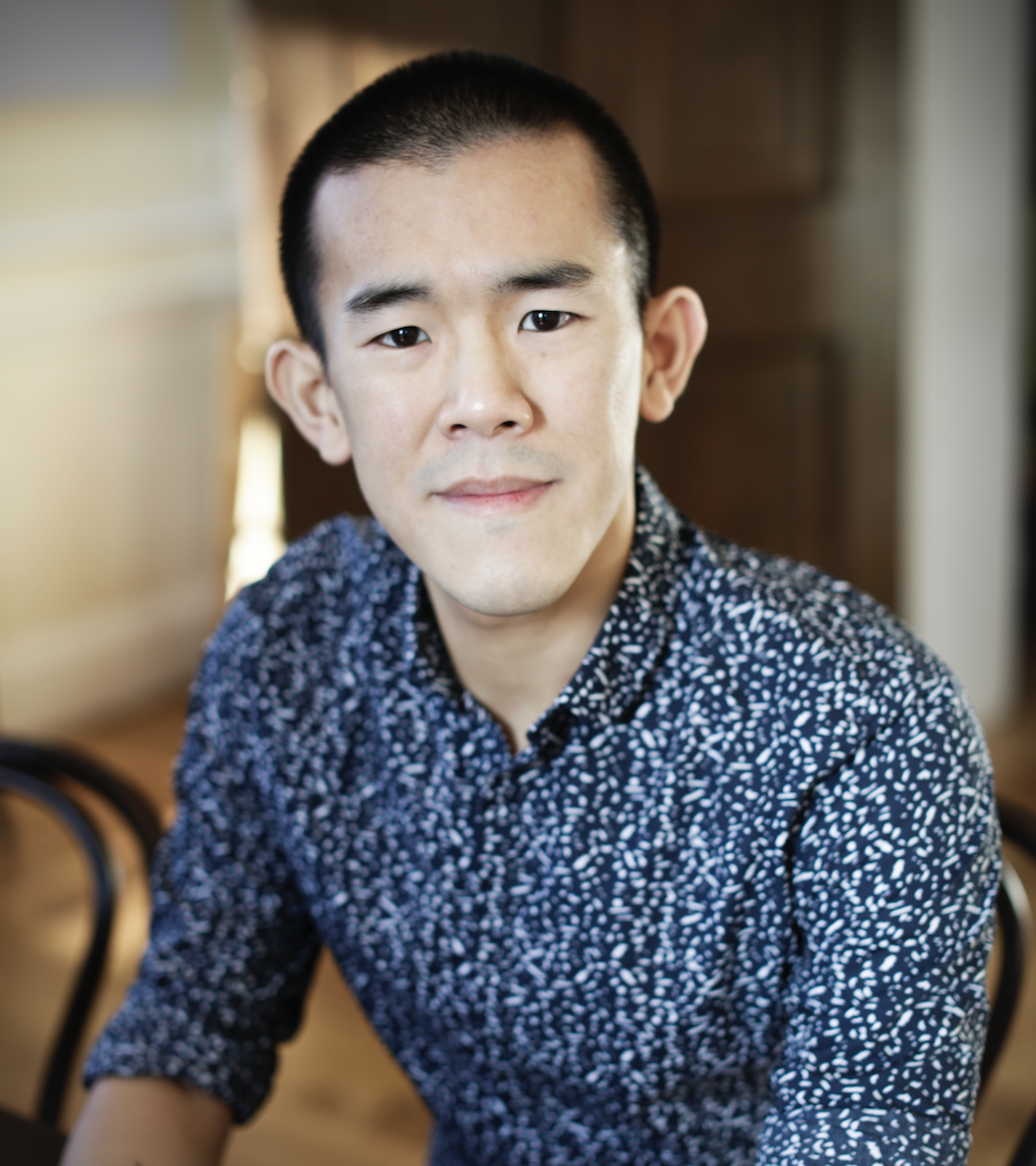Disney, the warship, captured the Star Wars universe, firing off in quick succession two movies: The Force Awakens, which continues the picking-over of the Skywalker family bones, and Rogue One: A Star Wars Story—that is, a side quest between Revenge of the Sith and A New Hope, which I paid sixty dollars to see, including four sets of black plastic 3-D glasses. Rogue One is proper Star Wars canon because Disney says so: The once-untold story of how the Rebel Alliance—scrappy and in disarray as ever, a true coalition seized by occasional rancor, debate, disagreement, and speeches—steals the schematics of the original Death Star from the Galactic Empire—decidedly more economical in its internal organization than the Rebels, as there is no debate who is Emperor and who is Lord. The Empire’s grip on the galaxy tightens as its weapon of mass planetary destruction nears full operation. The hardscrabble Senate, relic of the felled Republic, appears too busy dissecting its own demise to perhaps take a lesson or two from the other side, who plotted sedition, executed revolution, then brutalized the defeated.
Some notes on Rogue One: It never occurred to me that the Empire would have labor camps, but of course they would. Given the interstellar sprawl as plotted by each of the planets depicted in the now eight Star Wars films, with more to come, an intergalactic network connected by hyperspace, the Empire’s prison-industrial complex is vast, unbreakable. It never occurred to me that the Rebel Alliance would, like other resistance organizations, splinter itself between the centrists and the extremists, but of course that is a natural consequence of quite literally fighting for your lives. Mads Mikkelsen arrests the attention, despite his skimpy role as Galen Erso, an Imperial research scientist and key mind behind the Death Star; while Forest Whitaker, as Saw Gerrera, comes and goes before serving his plot purpose, and is killed in the destruction of Jedha City, thanks to the Death Star.
The movie posits the Force as a source of spiritual attenuation amid totalitarian rule, a mysticism that perhaps eases one’s psyche under constant assault via propaganda and fear. Someone at Disney demanded that Darth Vader make a pun while Force-choking an underling, and it is my hope that this never happens again or, better yet, is remedied in a future version with the power of CGI to wipe what originally happened from memory, either in hardware or in skull, so we may be cleansed. Directed by Gareth Edwards, Rogue One is a canonical addition to the Star Wars saga, and presents a disturbingly realistic recreation of young Princess Leia—buns and all—last seen in A New Hope and portrayed by Carrie Fisher, who, my partner informed me only fifteen minutes ago as I brewed a new pot, has died, at the age of sixty. Apropos of nothing, new helicopters have appeared in the New York sky since Election Day, and I hear them now. The Rebels squabbled in a bunker, unable to arrive at a consensus, and now, thanks to Rogue One, we see the distance and the dissonance between the so-called Alliance and the people they believe they represent.
From my bedroom window, I see a crucifix hanging from another apartment’s window. New Yorkers and our naked windows—I understand it now, having absorbed and adopted the habit, like wearing all black, like crossing a Manhattan street with some regard for traffic and bodily safety. I’m walking around with more anxiety these days; it is blinding at times, my eyes blinker white lights in front of my consciousness, and I feel the opening notes of a migraine spreading through my temples. This time last year I feared heart attacks as I reread Ralph Wiley, whose heart stopped him at fifty-two, but now it’s the stroke. I swear at times it feels like my brain presses against my skull.
The stress makes me angry. For years I pantomimed blind ambition. Now, as the stakes increase, so does the hesitation—what if I write the wrong thing, say the wrong word? But what else do I have at my disposal to win, what weapons? I swap the words, mix their meanings, and throw in, for good measure, the economics; I edit for money, liberating my writing, but what do I know about freedom? I was told to vote, so I voted, but here we are; I was told to graduate from college, but I knew better—so it appears I’ve tried the life of an artist. Art is political, I’ve heard, and Beyoncé delivered Lemonade, but we lost, though I’m skeptical, I have doubts, I have poll numbers that contradict points of view, I’ve heard things about Beyoncé, about the way she posed, the way her hip jutted to the right when Solange confronted Jay in the elevator for reasons never given by the parties involved; fake news, I’ve heard, is prevalent, like a virus, but I’m skeptical, my facts against your facts.
At home for Christmas, I watched, on the big screen in the family room, The Robe, in color, about Jesus, his crucifixion, while senators and slaves considered the health of the Republic, the Roman Empire as ruled by Caligula, all while the first Christians organized. Jesus was a troublemaker who endeared himself to half the population of Jerusalem with a message of justice, charity, and, when it comes down to it, economic redistribution.
It never occurred to me that the soul of Jesus had to be created outside of and separate from the formation of his body, the Holy Spirit—?—so absolute in its power, it was brought online in a separate data farm, and one has to wonder if God was present or was too busy to attend the birth, or its very conception, the birth of the idea of a son, the idea of a suicide mission, the idea of love for a boy, and his heart, its blood and every beat.
From the cloud, God transmitted to his engineers earlier versions of the Jesus blueprint, its code name lost to time, but let’s, for fun, call it Afrofuturist, and in these plans an archetype exists of multiple lanky black men with long dicks and big Afros, not clones but other selves, sentient reflections collapsing like a Japanese fan back to one: Jesus, the first Afrofuturist. My fictive worlds bleed into my nonfiction—Borges warned of this, of what happens when a man believes his delusions real—and in a tearoom on Bleecker I wondered with a black editor if black writers have permission to commit heresy in their art—these are my words—then later asked myself, Who gives the permission, and why would I ever ask for it?
I hadn’t thought about the logistics of a crucifixion in some time, the way stigmata detonate across the skin, how thick the nails must have been, how devastated the bone, the joints; it stands to reason the engineers gave his body fail-safes to escape the pain, perhaps a cyanide capsule inside the back right molar to pop for emergency exit, but eyewitness accounts suggest otherwise. In The Robe, Jesus is whipped, then nailed, as Imperial executioners throw dice at his feet. It’s only when we hold hands around the feast and say Amen that I remember Christmas celebrates birth, not death, in a season metaphorically aligned with death, not life; Easter, meanwhile, is the archway to spring, and we sprint underneath it, eggs melting in our hands.
In Chicago, hours before our flight back to LaGuardia, my partner and I perused a local bookstore. Whenever I enter an unfamiliar bookstore I require twenty minutes at minimum to walk the floor, eyes scanning spines, before I’ll pick up a book I might want to purchase. Post-election blues threatened to sully the Christmas spirit, to say nothing of my own anxieties—the act of gift-giving, the question of where one should spend the holidays, and the money required. I was on edge the entire weekend. On deadline, I wrote at a desk in our minimalist hotel room; sometimes, I sprawled across the low king bed and watched the Simpsons marathon—six hundred episodes scheduled to air—as I worried about my heart. This is my artistic practice, my terrible habit, in which I consume movies and photographs and music and books, portals to memories where my earlier versions are archived, and I write: often badly, seldom with mindless joy.
From our Gold Coast hotel, amid the stairs, the stares, we luxuriated in the extended stay, the way we watched Westworld and fucked, ate room service and showered, then traveled to the South Side to sell her art, scoffed at by the white people who passed her booth. We observed the black employees inside the white-owned BBQ joint blocks from our hotel, and I felt lightheaded, nauseated, unable to eat the food I ordered. Lake-effect snow powdered the city; in low-top Chucks and white earbuds, I tiptoed across icy sidewalks to a nearby store for cigarettes, trying to recall the previous version of me who, five years ago, considered living in Chicago. Unaware of my narcissism and the trauma I carried, I wandered from short stories to essays where, five years later, in Brooklyn, I now settle on art as a descriptor to avoid the hardliners.
It took me five minutes to sniff out the collection of Borges essays, bound in a big thick paperback, just how I like, but I demurred and feigned disinterest, like a cat, knowing no one would pick up the book and purchase it themselves, and they didn’t. No one bothered it. I know because I kept one eye on the book the entire time I walked the floor, in between shelves, knowing I had found magic I could study on the airplane, a depressing postmodern mode of transportation stripped of stature; since they fucked us on the baggage fees and the snacks, we fight for pride. By cabin light, I read and underlined passages from the Borges collection with the sense of entitlement often exhibited by novelists.
According to my calculations, Rogue One’s story occurs about forty-five years before the events of The Force Awakens. To the characters in The Force Awakens, the events chronicled in Rogue One must’ve been presented as fragments and half-truths told by survivors who, perhaps in surviving a bit too much, in coming out of the rebellion too unscathed, spoke of matters that would’ve remained locked inside their throats had the throes of war penetrated and sacked private fantasies. I’m only guessing, as I have relatives who left for war with certain personality traits intact, who came back the other way, coherent still, yes, but dimmed.
Forty-five years ago, in Washington, Richard Nixon prepared for his presidential reelection, and would be impeached and forced to resign three years later. Perhaps Mr. Nixon, still ordained with some residual clout from his presidential years, obtained a copy of A New Hope before its public release, and screened it at a secluded theater in California, where he and his wife, Pat, resided after leaving the White House. It is possible Mr. Nixon found Luke Skywalker peculiar and thought Darth Vader carried his burdens admirably and with some measure of dignity; beyond that, Mr. Nixon was unavailable for comment.
In X-Men: Apocalypse, directed by Bryan Singer, young mutants depart a movie theater, the camera panning upward to Return of the Jedi on the marquee. I’m annoyed because there is no end to the nostalgic cues in pop culture, and now universes have blended together. Disney’s Star Wars appears in Fox’s X-Men—created originally by Marvel, now owned by Disney. Somewhere in Hollywood exists a script in which Luke and Leia sit outside a brownstone stoop in Brooklyn and pass back and forth a joint in silent memoriam to a childhood clipped by a cowardly, reassembled father, all lion and tin man in one. Luke is afraid of becoming his father, while Leia is afraid of being killed by her husband, much like her mother, who, in retrospect, shouldn’t have married anyone at all, instead devoting her life to the Republic as a senator and policy wonk who would never become Supreme Chancellor, despite final, popular tallies.
Mensah Demary is an editor for Catapult, an independent press based in New York. A writer for over fifteen years, Demary’s work appears or is forthcoming in Pacific Standard, The Millions, VICE, Literary Hub, Electric Literature, and elsewhere. Originally from New Jersey, Demary lives and writes with his partner and boy/girl twins in Brooklyn.




